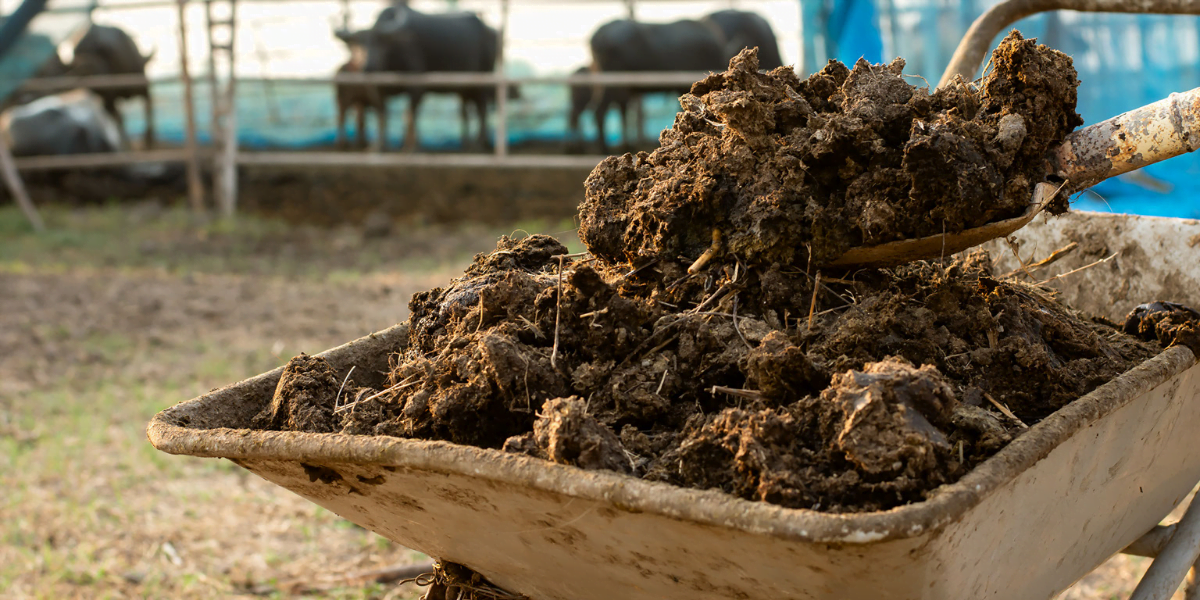Bats may be a noisy and messy bunch with few admirers, but they could be an eco-friendly substitute for pesticides.
This innovation is led by Dr Zenon Czenze, a researcher from the University of New England’s School of Environmental and Rural Science,
Dr Czenze received a Science and Innovation Award for Young People in Agriculture, Fisheries and Forestry from the Australian Bureau of Agricultural and Resource Economics and Sciences (ABARES).
This award will provide funding and support to complete a 12-month research project that explores how bats may be a form of natural pest control in Australian vineyards.
The project will examine whether insect-eating bats are eating known pests, such as moths, and if they are a more cost-effective alternative to pesticides.
Dr Czenze estimates it could save the local wine industry more than $50 million annually.
“We’ve got big goals and big plans to hopefully change the paradigm of the way things are managed,” he said.
“I not only want to reduce pesticides across the country in the agricultural system but also, if we can do that while simultaneously enhancing habitat for threatened species, then it’s a win-win.”
This new approach of creating harmony between our agricultural needs and nature is what this pioneering UNE scientist seeks to uncover within their research.
Like what you’re reading? Support The New England Times by making a small donation today and help us keep delivering local news paywall-free. Donate now

